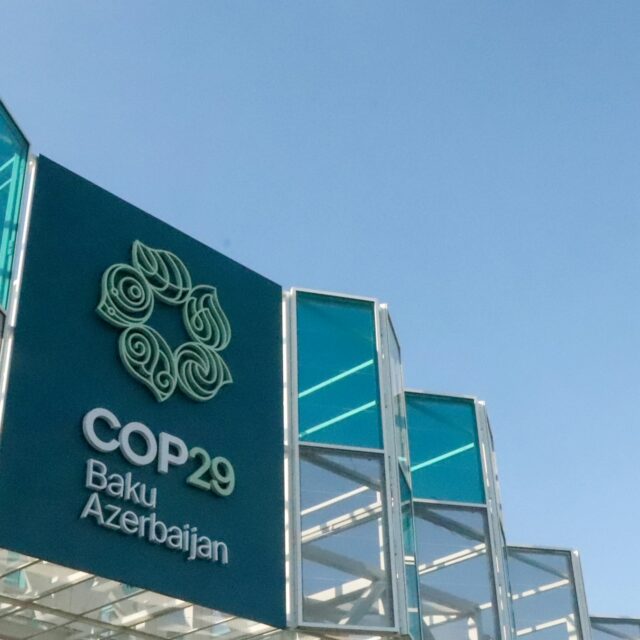A large majority of MEPs have voted to adopt the General Union Environment Action Programme to 2030 (8th EAP) in the European Parliament.
The decade-long environment legislation sets out the EU’s main priorities, together with strong monitoring and governance provisions to ensure these priorities are achieved. Climate mitigation and adaptation, circular economy, biodiversity protection and restoration, tackling pollution, and decreasing pressures from production and consumption all feature highly in the legislation, first proposed by the Commission at the end of 2020.
After months of intense negotiations, the final text was agreed in December, with the Parliament winning key language on ending harmful subsidies, going beyond GDP as a measure of economic progress, and recognising the need for systemic change. For the first time, the EU legally commits to setting a deadline to end fossil fuel subsidies, consistent with limiting global warming to 1.5 degrees celsius.
Grace O’Sullivan Greens/EFA MEP and Rapporteur for the European Parliament on the 8th EAP, comments: “Today’s vote took place just a week after the release of the recent IPCC report, which concluded that any further delay in global action will miss a brief and rapidly closing window of opportunity to secure a liveable and sustainable future for all. 2030 is the decisive decade for humanity’s future on earth. We are facing a triple planetary crisis of climate change, biodiversity loss, and waste and pollution. To deal with this, we need rapid, bold and far-reaching action.”
“In particular, I am proud of the 8th EAP’s commitment to set down a deadline in the EU for phasing out fossil fuel subsidies consistent with limiting global warming to 1.5 degrees celsius, in line with the lower limit laid down in the Paris Agreement. As Russia’s war of aggression in Ukraine has highlighted, we must move away from our dependence on fossil fuels and stop propping up a system that rewards industries and regimes that hold the planet to ransom around the supply of earth-wrecking fossil fuels.“
“I also welcome the Programme’s objective to advance towards a wellbeing economy, a first in EU law. We know that the eternal pursuit of GDP growth is fundamentally incompatible with the earth’s finite resources so a rethink of our economic objectives is required if we are to thrive within our planet’s limit. A wellbeing economy puts the wellbeing of people and the planet at the heart of decision-making, which is exactly where it should be.”
There are six thematic priority objectives to be achieved by 2030.
In order to strengthen positive incentives and gradually end environmentally harmful subsidies, the EU will set up a binding legislative framework to monitor and report on member states’ progress towards phasing out fossil fuel subsidies. It should also set a deadline to cut all public aid to these environmentally harmful sources of energy, aligned with the ambition of limiting global warming to 1.5 degrees Celsius.
By 2023, the Commission shall present a methodology to identify other environmentally harmful subsidies with a view to reporting on member states’ progress towards phasing them out.
The Commission shall monitor, assess and report annually on the progress made by the EU and member states in meeting the priority objectives. The text foresees a new summary dashboard and indicators measuring progress ‘beyond GDP’, to guide policymaking. The assessment shall be public and both actions taken and planned future measures shall be discussed each year by the EU institutions. If a mid-term review of the progress (by 31 March 2024) determines that more needs to be done to reach the priority objectives by 2030, the Commission should table a legislative proposal with additional initiatives.
EU, national, regional and local authorities must also implement effective, dissuasive and proportionate penalties to reduce the risks of non-compliance with EU environmental law.
Once formally adopted by the Council, the legal text will be published in the EU’s Official Journal, entering into force 20 days later.
EU EAPs are legally binding frameworks that have guided the development of EU environment policy since the early 1970s. Following the expiry of the Seventh EAP at the end of 2020, the new one will run until 31 December 2030.




